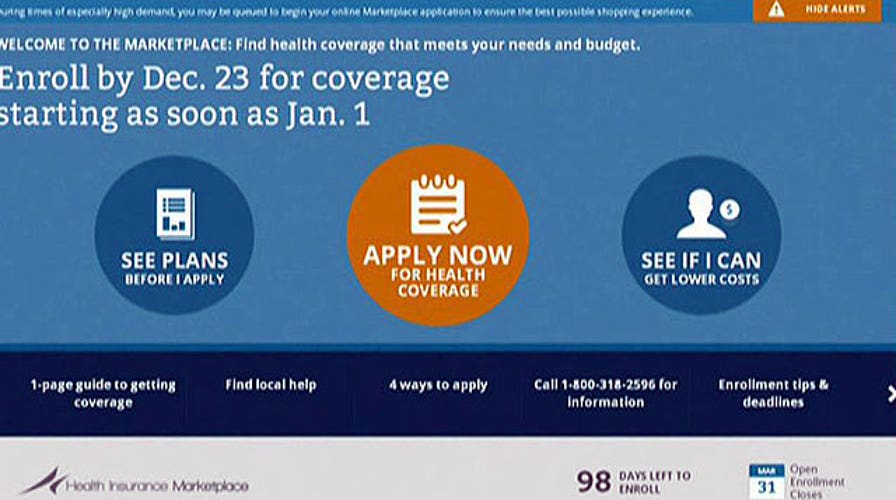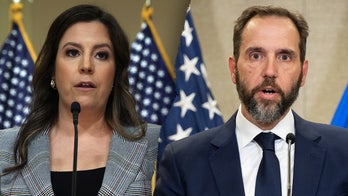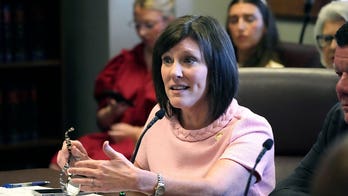States running their own ObamaCare exchanges are lagging far behind their enrollment targets, even as scrutiny centers on the federally run HealthCare.gov.
The Obama administration had set a Monday deadline for people to sign up if they want coverage by Jan. 1, though ended up pushing it back until Tuesday amid concerns about the federal website. HealthCare.gov, despite surpassing one million visits, continued to exhibit problems, with the site sending would-be applicants into a virtual waiting line whenever it was overloaded with visitors.
But while President Obama claims the federal site is steadily increasing its enrollment traffic, many states are struggling.
Perhaps the most notorious is Oregon. The state's insurance website failed spectacularly after the Oct. 1 launch. The state reportedly has signed up 11,000 for private plans after moving to a paper application system. But in another sign of the uncertainty, applicants began receiving robocalls warning them they should look elsewhere for coverage if they hadn't heard from the state by Monday, in order to get coverage by Jan. 1.
All states have a long way to go to reach their target enrollment figures by March 31, the date by which people are supposed to have insurance to avoid a penalty. As of Nov. 30, most state-run exchanges had reached less than 10 percent of that target.
In Massachusetts, the exchange had signed up only 1,138 people. That's a fraction of a percent of the target of 250,000 by the end of March.
Some states were doing better. Connecticut had hit 35 percent of its target; Rhode Island had hit 22 percent.
Obama, during his end-of-year press conference on Friday, said the pace of insurance sign-ups has picked up in December. He said that between the federal and state exchanges, more than 1 million have signed up since Oct. 1.
"This holiday season, there are mothers and fathers and entrepreneurs and workers who have something new to celebrate -- the security of knowing that when the unexpected or misfortune strikes, hardship no longer has to," he said.
But officials are shooting for 7 million by the end of March. Even if HealthCare.gov can address its technical woes and reach its target audiences, some predict the law's success or failure will come down to the state level. Dan Mendelson, founder of Avalere Health, suggested those states whose governments are opposed to the law could also hold back the implementation.
"The governor has a lot of sway," he said. "If half the governors in the United States are opposed to reform, it's quite likely that the enrollment numbers will be depressed as a result."
If enrollment numbers are depressed, the insurance market -- which is depending on a wave of new, and largely healthy, customers to offset the cost of accepting sicker customers -- could be destabilized.
Sen. Joe Manchin, D-W.Va., said on CNN's "State of the Union" that if coverage becomes much more expensive, "you've got a complete meltdown at that time."
But some Republicans continue to claim the law isn't worth fixing.
"You can't fix this mess," Sen. Tom Coburn, R-Okla., told NBC's "Meet the Press." "The insurance industry, the indemnification industry, regardless of what you think about the insurance companies, it is on its ear now."
Fox News' Peter Doocy contributed to this report.





